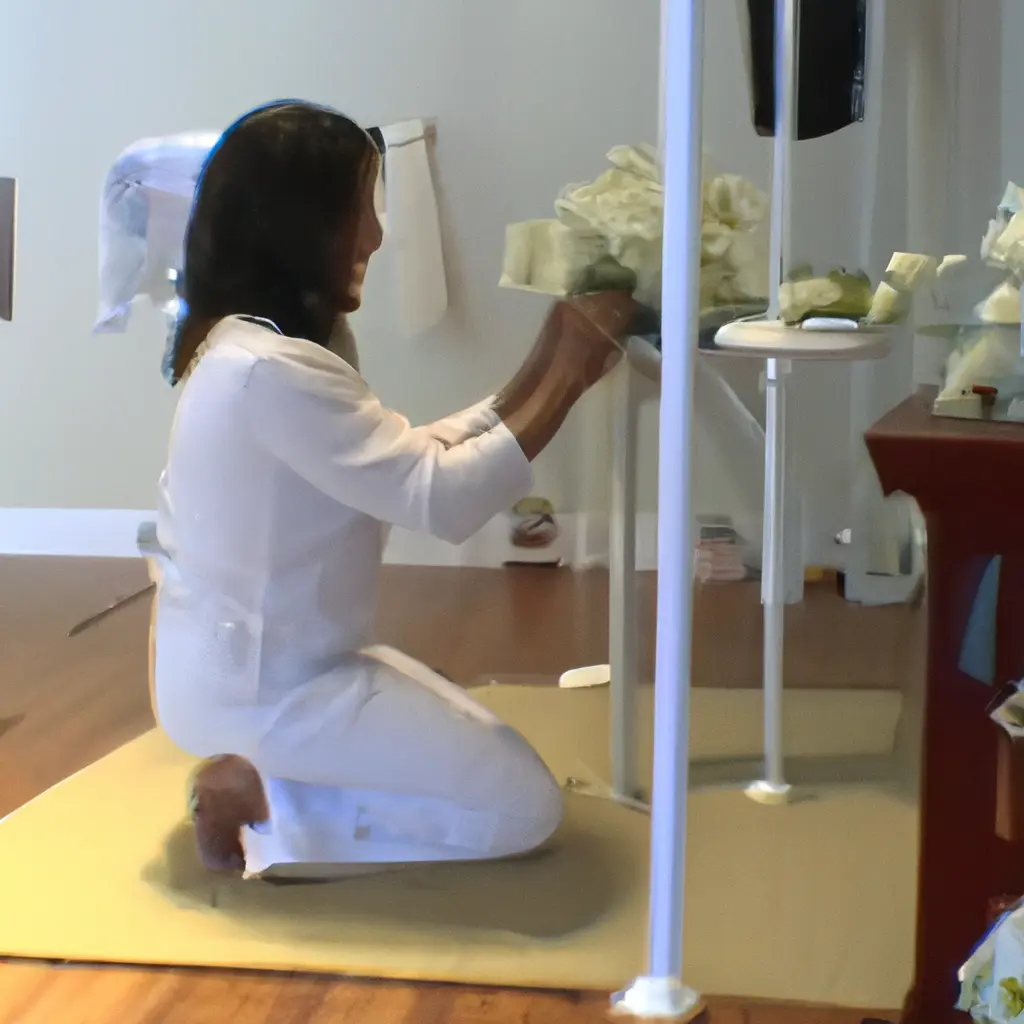The Appeals Court joins - again - a group of Thai people seeking to open a Buddhist meditation center in Mobile

A federal appellate court decision may open the way for a controversial Buddhist meditation center, which has been in litigation for almost ten years. However, it may also be just a prelude to new legal disputes. Attorneys representing opposing sides of the conflict disagree on the consequences of this decision.
"We have won - finally," said John Lawler, representative of the Alabama Meditation Association. However, Doug Anderson, representative of the Mobile Planning Commission, stated that the situation is ambiguous. "There are some issues that need to be resolved with the county court in Mobile... It's not over yet," he said.
The dispute started in2015 when the Thai Association purchased a plot of land on Eloong Street in the southern part of Mobile with plans to create a meditation center. The organization claims to have received positive feedback from city officials before buying the land. However, after loud public outcry, including comments focused on the Buddhist nature of the proposed use, the Planning Commission rejected the rezoning.
The Thai Meditation Association of Alabama sued in2016, alleging religious discrimination. Lawler told FOX10 News on Friday that the city initially doubted if its clients met the church's requirements. He noted a Christian church half a mile from the Thai organization's land on River Road. He said the city regularly accommodates other religious organizations. "The city couldn't point to a single instance where a religious organization was denied," he said.
He added: "Others were allowed and they weren't.... It's hard to explain why others were allowed and they weren't."
Federal District Judge Terry Moorer ruled in favor of the city on all counts. However, the Atlanta-based U.S.
13 May 2025
5 May 2025
In rejecting the Thai Association panel, Moorer cited the city's argument that it has a legitimate interest in preserving the character of the neighborhood. "The city also argues that it is concerned about increased traffic on the Elong Street site and finds this to be a compelling governmental interest," Justice Charles Wilson wrote on behalf of the one-judge, three-member panel. "We find these asserted interests to be untenable."
The Court held that the "character of the neighborhood" has never been considered a "compelling state interest" sufficient to justify a violation of constitutional rights.
The court also rejected the city's argument about traffic problems. "The city's transportation engineer himself stated that the Elong Street site would not have traffic safety issues from a traffic engineering standpoint," Wilson wrote. "This engineer also stated that the increase in vehicles on the streets leading to the Elong Street site would be negligible if the TMAA application is approved."
This is the second time an appeals court has overturned a trial judge's decision in this case. The court in 2020 ordered the judge to reconsider the meditation center's claims under the First Amendment, the Alabama Religious Amendment, and the Religious Free Exercise and Institutionalized Persons Amendment.
However, the appellate court pointed out that the trial judge "largely repeated his original analysis." It ordered the judge to rule in favor of the Thai association. Lawler, the group's attorney, said the organization plans to continue working with the meditation center. It also plans to seek financial compensation.
However, Anderson, the city's attorney, said he expects another round in district federal court. He said he expects the judge to issue a scheduling order in the next four to six weeks. "This is a very complex legal case involving state and federal laws," he said.
Lawler said the city has spent more than $1 million to defend the case. "It's been seven years, since the spring of 2016," he said.
Copyright 2023 WALA. All rights reserved.Comment
Popular Posts
Popular Offers

Subscribe to the newsletter from Hatamatata.com!
Subscribe to the newsletter from Hatamatata.com!
I agree to the processing of personal data and confidentiality rules of Hatamatata




